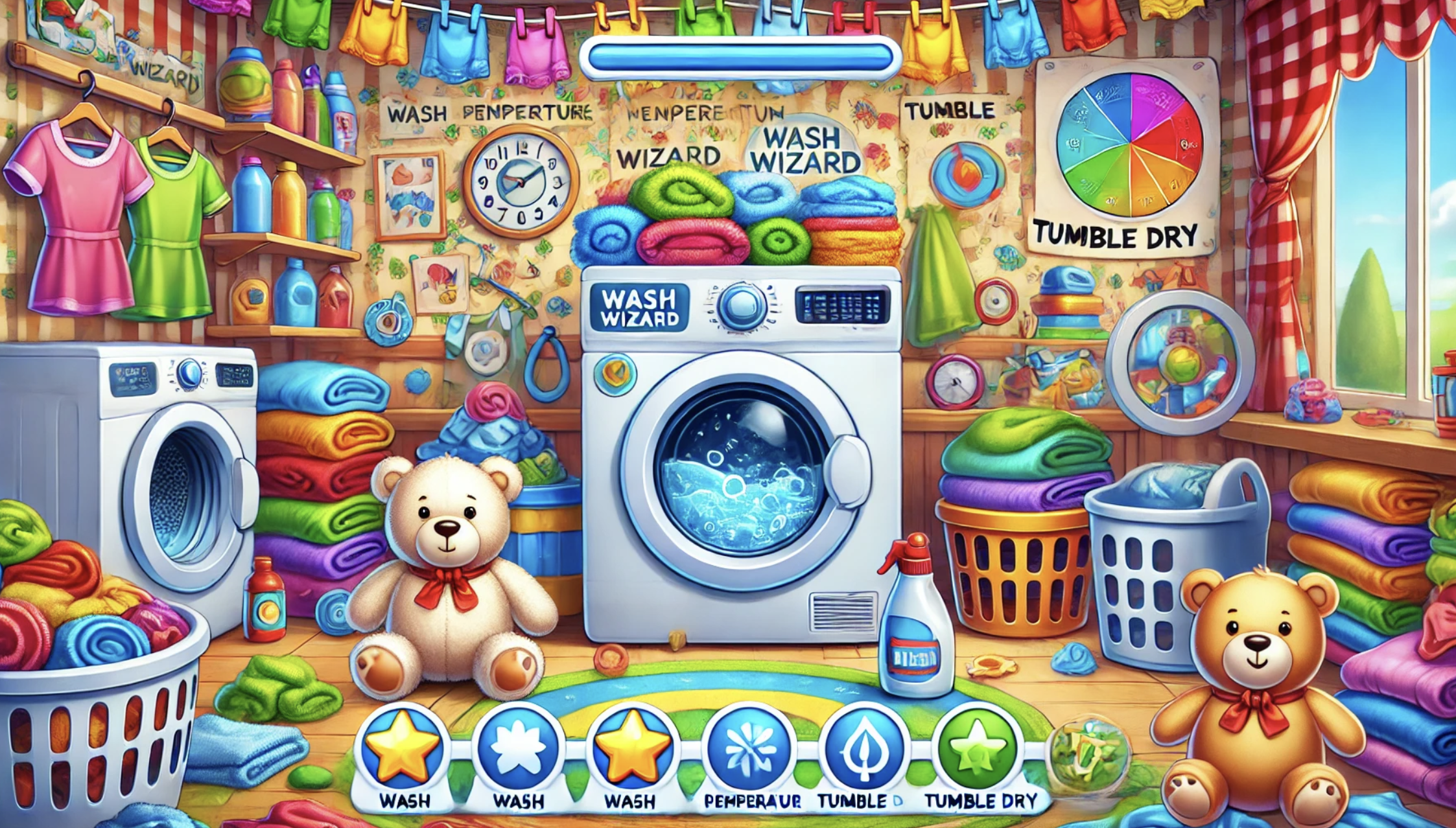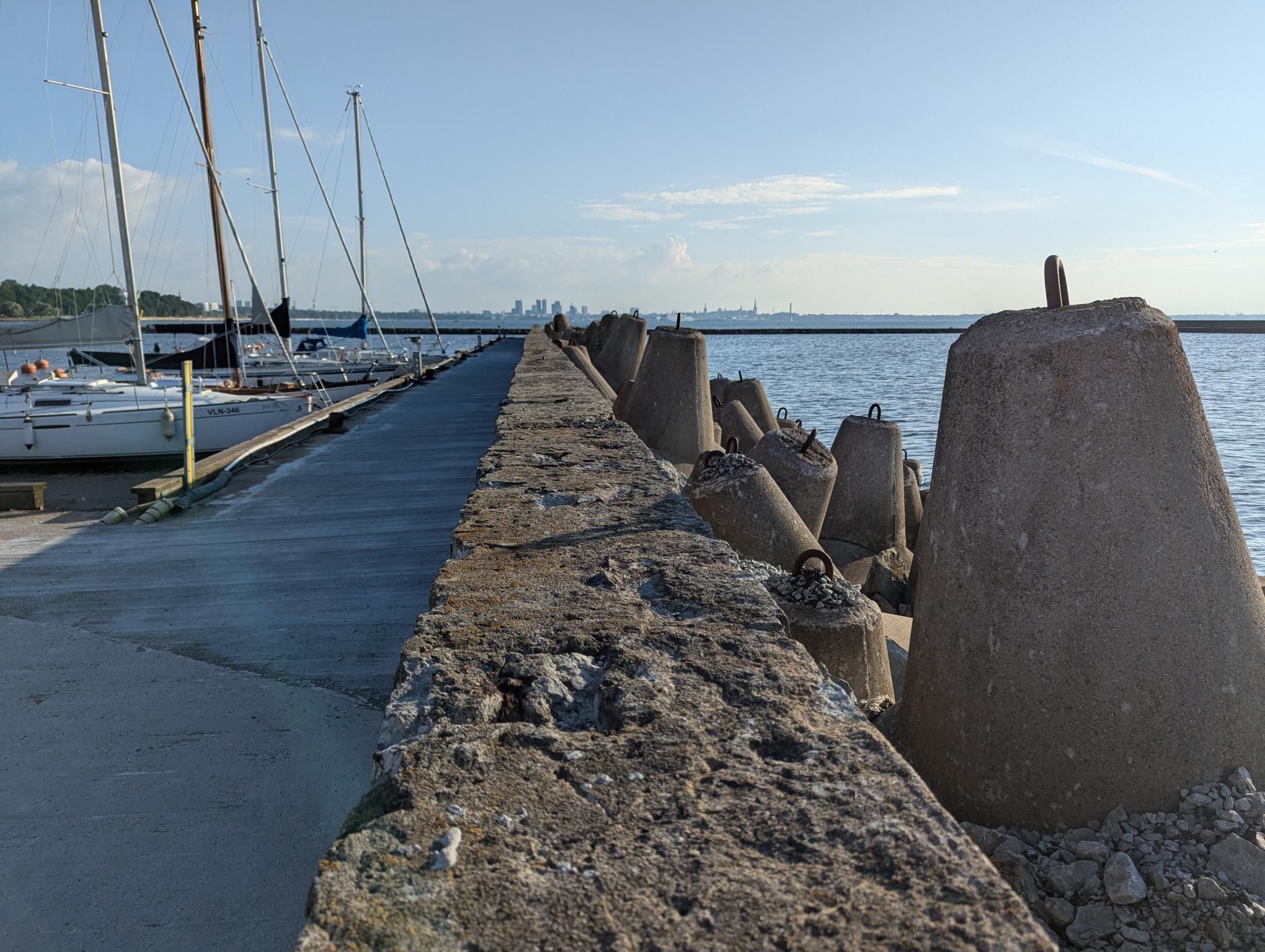Niels Doorn, Ph.D. student

My research on improving teaching and learning strategies of software testing in computer science education.
Blog
- Writing in Valencia
- Presenting article at ENASE 2025 in Porto
- Couple of days working on Schiermonnikoog
- Visiting the CSEE&T conference and presenting our article
- Serious Gaming Summer School Tallinn
- Poster at NWO ICT.OPEN 2024
- Presenting at INTED 2024
- Testing day 2023
- European Summer School on Science Communication
- Presentation at OURsi event
- EASE Conference and LEARNER workshop
- The Romanian Testing Conference
- Lightning talk at VERSEN SEN 23
- Presentation at RCIS 2023
- Presentation at Vakdidactiek Informatica event
- Poster at NWO ICT.OPEN 2023
- Presentation at ICST 2023
- Presentation at NIOC 2023
- Poster and presentation at ITiCSE 2022
- Working in Linz
- Summer holiday
- Switching off Twitter
- Working from a boat
Orcid
My Orcid ID is: 0000-0002-0680-4443.
Mastodon
I sometimes toot about my research on my Mastodon account @niels76@mastodon.online about my research, but more often about other things that interest me, or that fill me with wonder.
GitHub
Some of my projects can be found on GitHub.com/nielsdoorn. Feel free to contribute.
Running / sports
Follow me on Strava! I like to go for a run now and then. It helps me to think and also to clear my mind. I often get my best ideas while working out, but I also tend to forget most of them immediately.
Other interests
☕ 🧘 🌳 🐱 🐔 🥞 🚲 📷
TILE Repository
Came here for the Test Informed Learning with Examples repository? Look no further! It can be found at tile-repository.github.io/.
Serious Gaming Summer School Tallinn
by Niels Doorn
One of the main problems with teaching software testing is the lack of interesting ways to teach it. Part of my research is to develop interventions that can be used in different educational contexts to improve this situation. It is well known that applying gamification or the use of serious games can be helpful to engage students in learning skills and concepts.
Therefore, I want to develop a serious game on testing. Players can test a system under test in different ways. Maybe they can choose approaches, test cases or explore the system in another way. All aimed at changing the mindset of students from their “developer approach” to a “divergent tester” approach.

To be able to do this, I attended the design of serious games summer school at the University of Tallinn, Estonia. It was an excellent experience, with different methods applied to teach us, a group of eleven students, the ins-and-outs of serious game development.
Of course a course of a week is not equivalent to a masters program, however, it did provide me with some essential knowledge on the process of developing games, the use of some platforms to develop a digital serious game, and also ways to evaluate the impact of a game on the students as an indication of the engagement.
During the week we worked in a group of three on the development of a serious game to learn teenagers how to properly do laundry. The labels in clothing and other textiles are hard to understand. The impact of doing the laundry in a wrong way is bad for the clothes, but also for the environment. Our game aims to help the player with the complex task of doing laundry in the correct way and the impact on the environment when done correctly.

The game consists of different levels where the player is presented with different quests. While performing these quests, the laundry labels are introduced, the operation of a washing machine is shown and the level of knowledge after these quests is assessed by for example a memory game.

This is of course completely different from the idea that I have for my research, but to produce this game, we had to follow the complete process just as I want to do for the testing game. Also, practising the use of the GDevelop tool made me realize that it could be a good idea to develop a digital prototype first before producing an offline game, which was my initial intention. The benefits of a digital game are extensive, since it is far easier to make changes and to distribute it for pilot-testing.
All in all I believe it was a great way to spend the first week of my summer holiday this way. Tallinn is a great city, also for running along the Baltic Sea, and the summer school exceeded my expectations.
